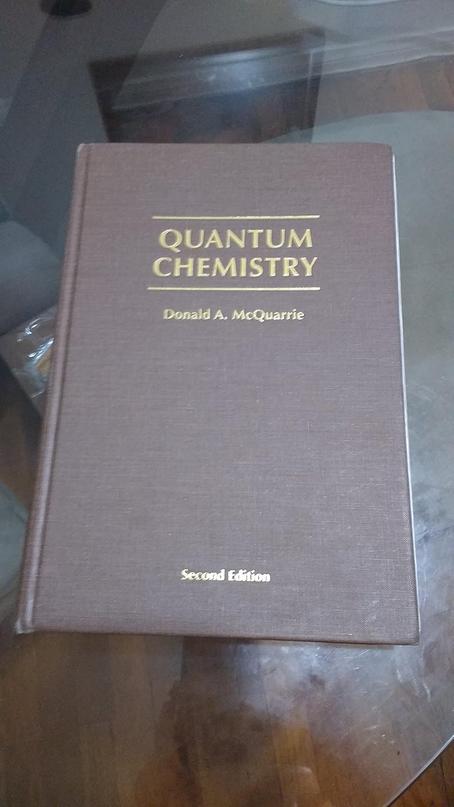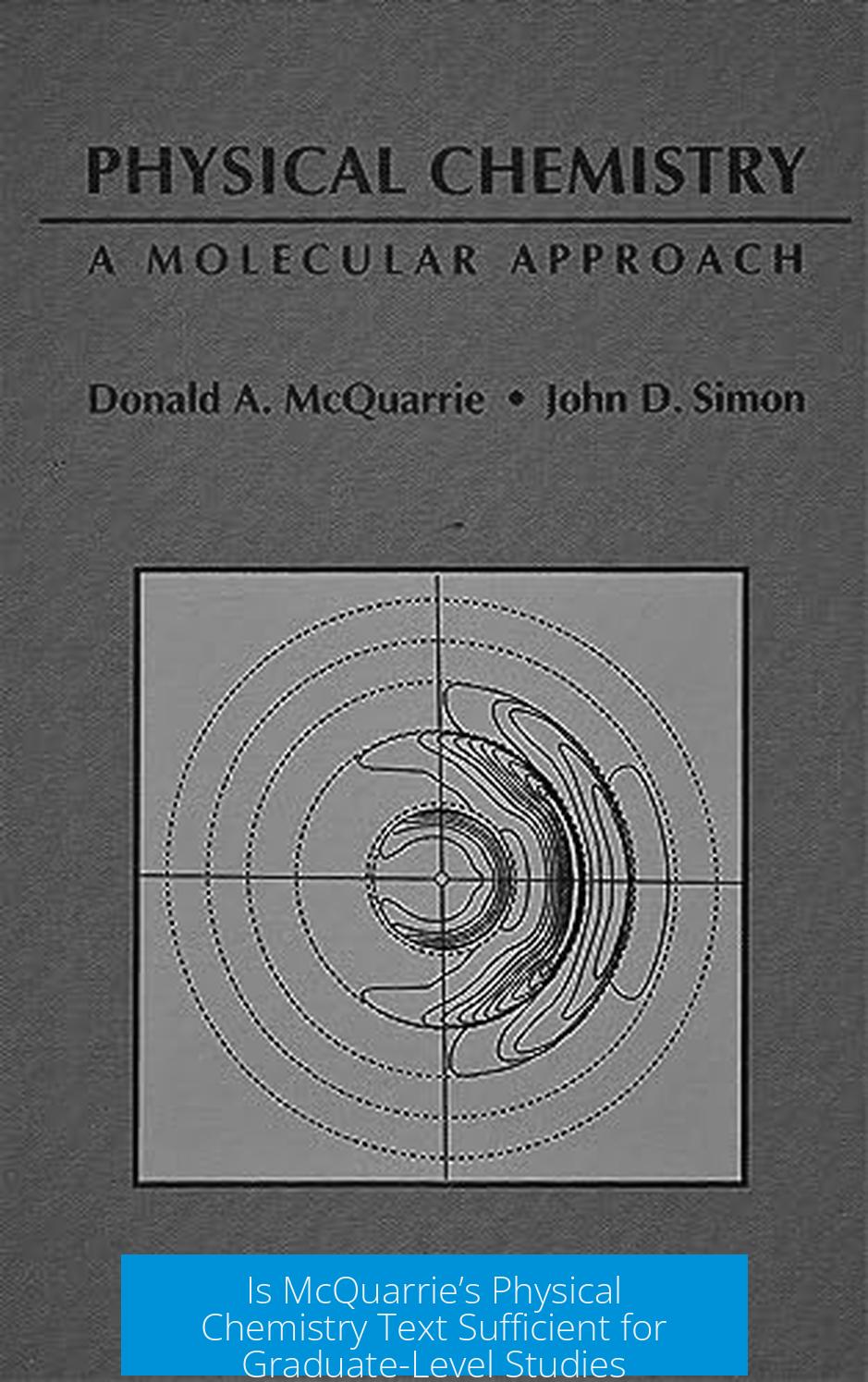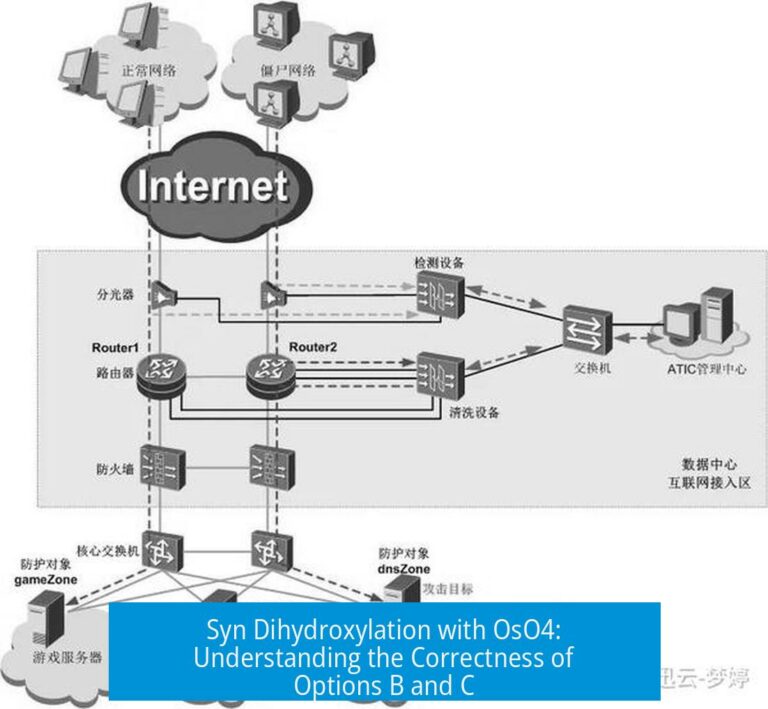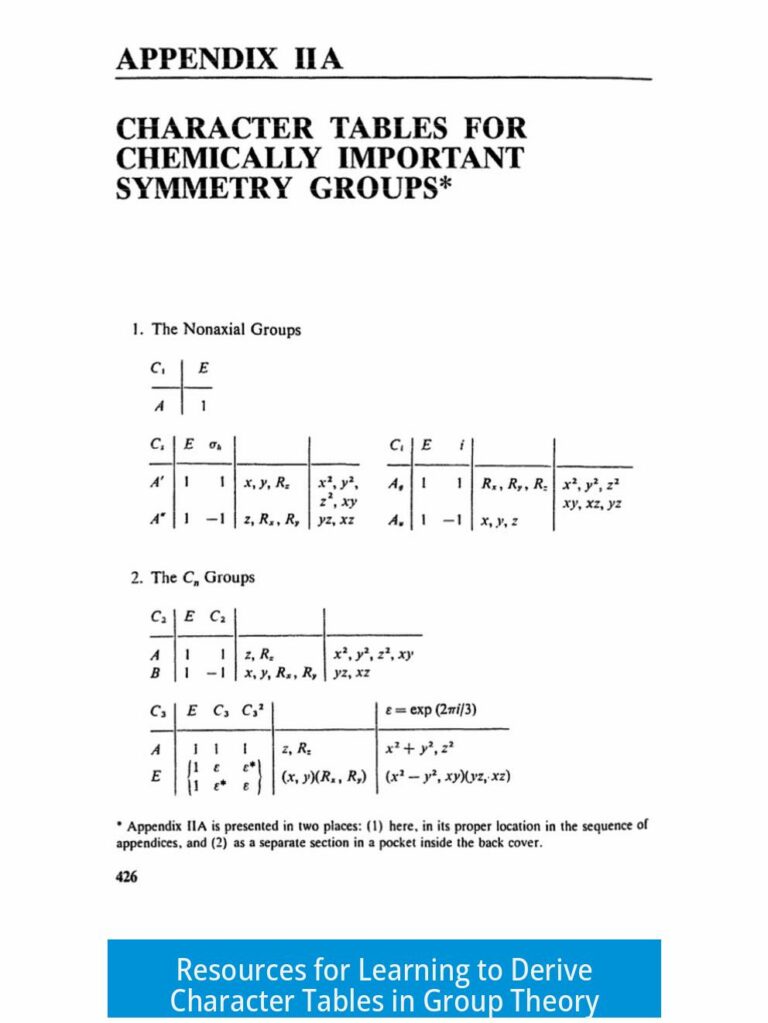Is Physical Chemistry: A Molecular Approach by McQuarrie Sufficient for Graduate-Level Physical Chemistry?

Physical Chemistry: A Molecular Approach by McQuarrie provides a solid foundation, but it is not sufficient on its own to fully understand graduate-level physical chemistry (PChem). It serves well for advanced undergraduate courses and covers about 80% of graduate quantum mechanics topics. However, it lacks depth in several critical areas needed at the graduate level, especially statistical mechanics, advanced quantum mechanics notation, and computational chemistry methods.
Scope and Coverage of McQuarrie’s Text
- McQuarrie’s textbook is designed primarily for general physical chemistry and advanced undergraduate students.
- It covers standard quantum chemistry but does not fully address all graduate topics, particularly statistical mechanics and some modern approaches.
- Many graduate quantum classes require familiarity with Dirac notation and matrix representations, which McQuarrie’s text largely omits.
The book excels in explaining molecular approaches to physical chemistry fundamentals. It remains a popular resource for undergraduates, but graduate courses often demand broader and deeper material.
Limitations for Graduate-Level Physical Chemistry
Graduate physical chemistry is not a single subject but a set of specialized areas. Typical graduate PChem curricula include:
- Quantum Mechanics with more rigorous mathematical tools like Dirac notation.
- Statistical Mechanics including modern formulations and applications.
- Thermodynamics at a more detailed and theoretical level.
- Computational Methods, such as Monte Carlo simulations or molecular dynamics.
McQuarrie’s textbook falls short in many of these fields:
- It does not sufficiently cover statistical mechanics concepts required in graduate courses.
- The treatment of quantum mechanics omits matrix forms of Schrödinger’s equation.
- No treatment of Dirac notation, a staple in graduate quantum mechanics.
- Computational physical chemistry topics like Monte Carlo simulations are absent.
When McQuarrie’s Book Is Useful
McQuarrie remains valuable for:
- Reinforcing foundational quantum chemistry concepts for advanced undergraduates.
- Serving as a reference to molecular-level descriptions of physical chemistry phenomena.
- Initial preparation before tackling more specialized graduate texts and courses.
Students sometimes pair it with other books for a broader graduate-level grasp, especially in computational chemistry.
Recommended Complementary Texts for Graduate Studies
Graduate students seeking comprehensive understanding should consider supplementing McQuarrie with texts such as:
- Quantum Chemistry: Levine’s Quantum Chemistry covers Dirac notation and matrix mechanics in detail.
- Statistical Thermodynamics: Hill’s books provide deeper insight and mathematical treatment.
- Classical Thermodynamics: Adkins offers thorough analysis suited for graduate work.
- Computational Physical Chemistry: Specialized texts addressing Monte Carlo and other simulation-based methods.
In some institutions, instructors may advise specific texts and resources aligned to their course requirements. Consulting graduate course syllabi or faculty can guide suitable book choices.
Summary of the Main Points
- McQuarrie’s book covers roughly 80% of graduate quantum mechanics but lacks full graduate-level depth.
- It omits crucial topics such as statistical mechanics and advanced quantum formalism using Dirac notation.
- The textbook is primarily suited for upper-level undergraduate studies, not comprehensive graduate preparation.
- Graduate physical chemistry requires multiple specialized texts covering quantum, statistical, classical, and computational topics.
- Consultation with course instructors and additional references like Levine and Hill is recommended for thorough understanding.
Is McQuarrie’s Physical Chemistry: A Molecular Approach enough for graduate quantum mechanics?
It covers about 80% of some graduate quantum courses but lacks depth in Dirac notation and matrix methods essential for grad QM. Supplementary texts are typically needed.
Can I rely on McQuarrie for all graduate physical chemistry subjects?
No. Graduate physical chemistry includes diverse topics like statistical mechanics and computational methods, which McQuarrie does not fully address.
Does McQuarrie cover statistical mechanics at the graduate level?
The book does not really cover statistical mechanics. Grad courses often require specialized texts for this subject beyond McQuarrie’s scope.
Is McQuarrie suitable for learning computational physical chemistry?
McQuarrie lacks material on computational techniques such as Monte Carlo simulations. It is often paired with other books like Schrier for this area.
What books should I use alongside McQuarrie for graduate physical chemistry?
Complement McQuarrie with Levine for quantum chemistry, Hill for statistical thermodynamics, and Adkins for classical thermodynamics for a thorough grad-level understanding.





Leave a Comment